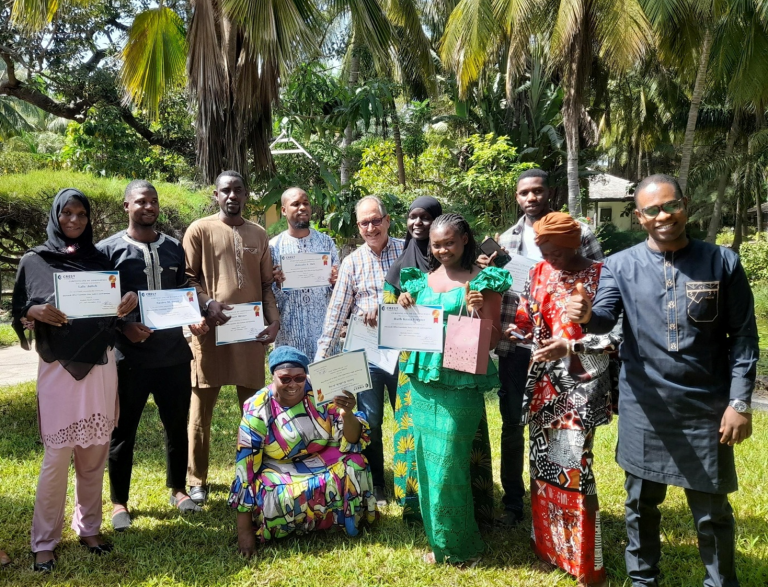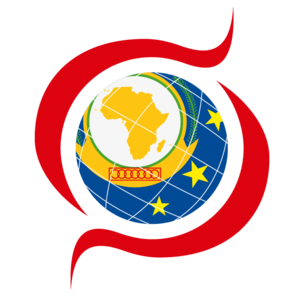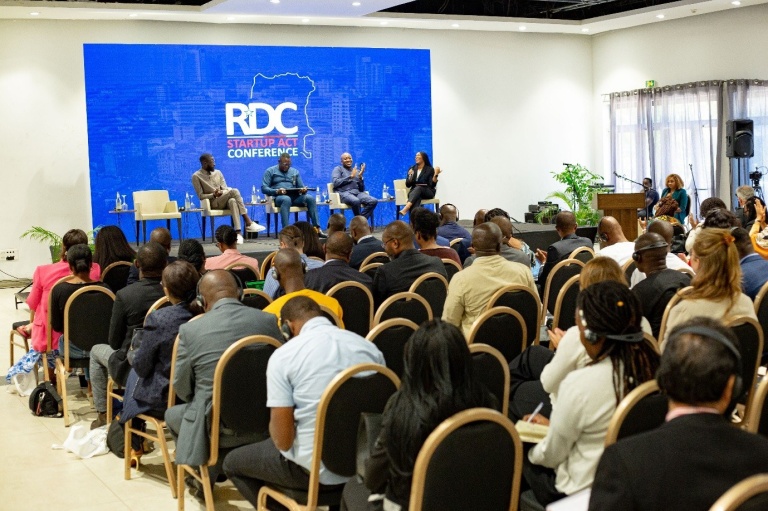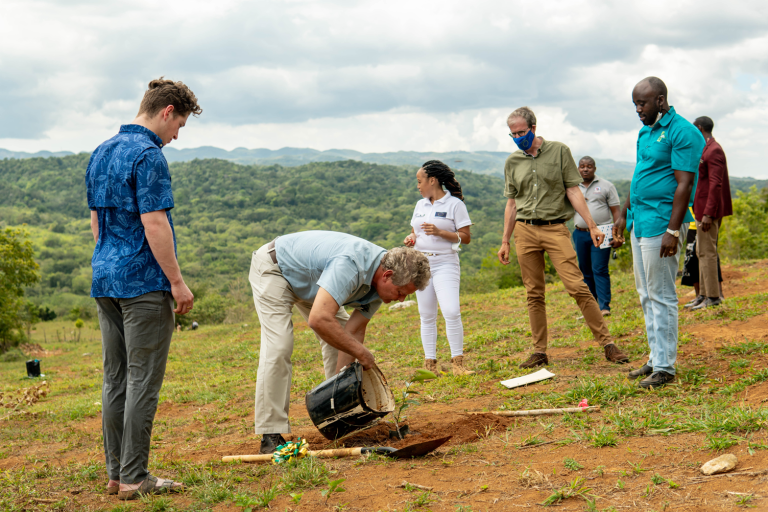Launched in 2007, the Joint Africa-EU Strategy (JAES) aims to enhance the longstanding cooperation between Africa and Europe at the continental level and shift the development-focused relationship to a partnership of equals, mutual interests and shared responsibility.
Implementation of the JAES was originally defined according to eight themes: peace and security; democratic governance and human rights; trade, regional integration and infrastructure; the Millennium Development Goals; energy; climate change and environment; migration, mobility and employment; and science, information society and space. The JAES is operationalised through triennial action plans, which encompass projects in each of the thematic areas.
In managing the JAES SM, Landell Mills provided support to the implementation of the JAES Action Plan 2011-2013 and Roadmap 2014-2017, which subsequently focused on five priority areas:
- Sustainable and inclusive development and growth and continental integration
- Global and emerging issues
- Human development
- Democracy, good governance and human rights
- Peace and security
Landell Mill’s responsibilities on this project included responding to JAES stakeholders requests; facilitating thematic expert workshops; conducting research studies and communication activities; and providing expertise for strategic dialogue on a variety of economic and social policies. Crosscutting issues such as good economic governance and gender impact also featured in the JAES technical dialogue and project activities.



